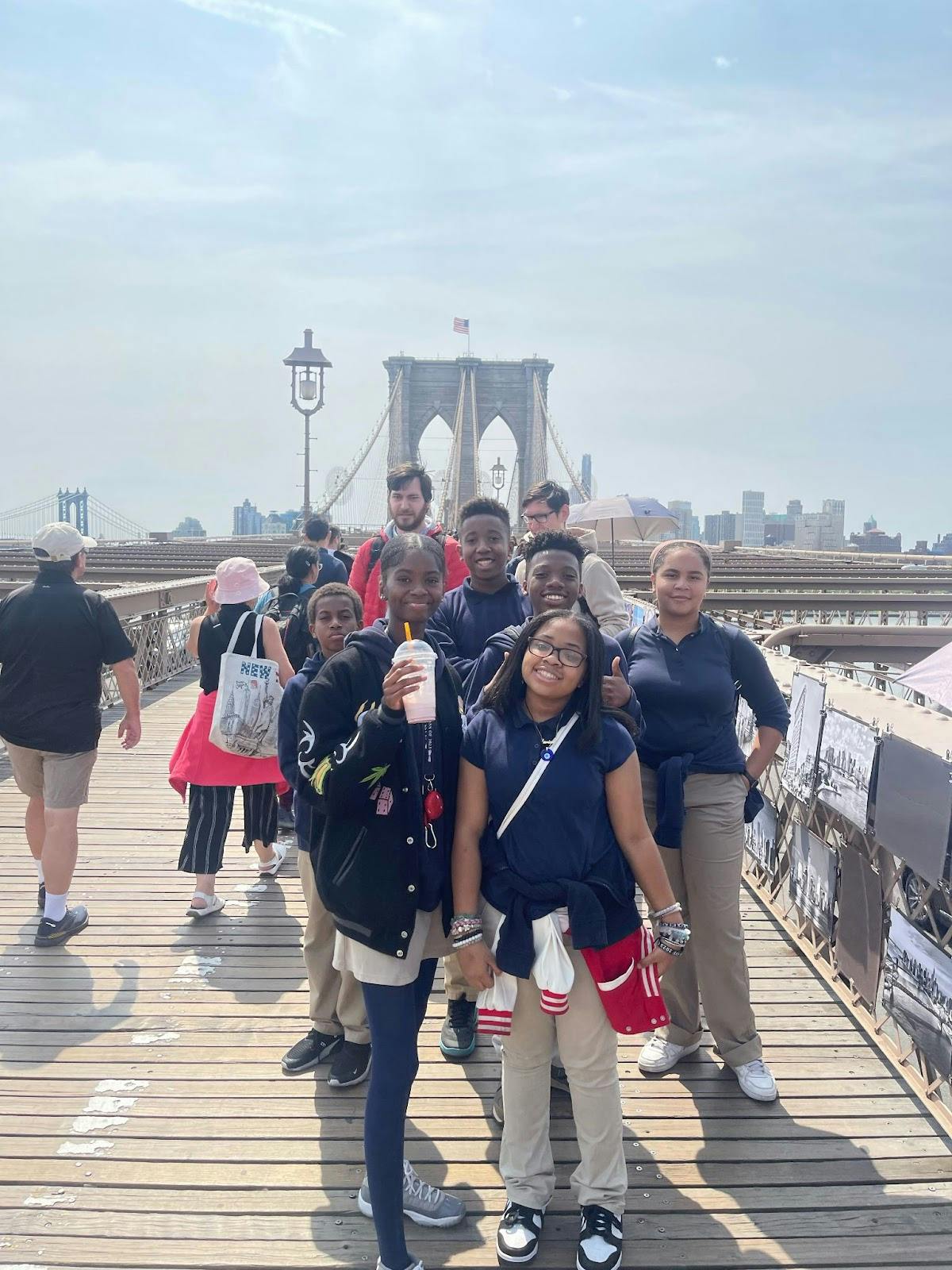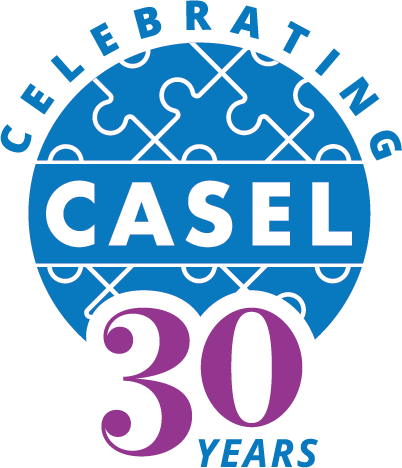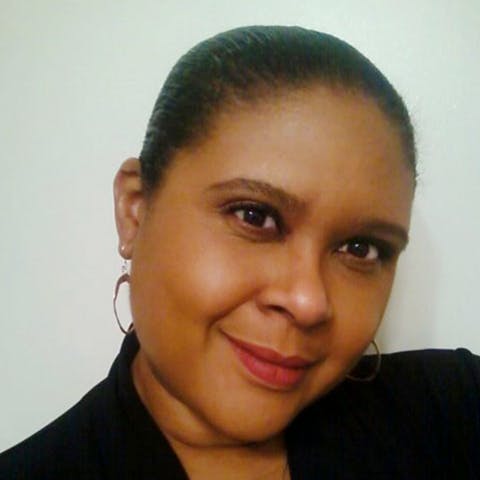
When students take a field trip in their own city, it can be a learning experience in more ways than one—especially when they have the opportunity to design the outing themselves. Every year, Harlem Academy’s middle school unit, “Explore,” challenges students to create their own day-long field trip in New York City. As they navigate the complexities of this project, students also develop their social and emotional competencies.
The “Explore” unit has been a staple of Harlem Academy’s program since 2011. Over the years, students have visited an array of museums, landmarks, restaurants, and cultural sites all across the city—from Japanese and Vietnamese eateries to the Invisible Man sculpture to the Brooklyn Museum and more.
“It’s a great opportunity to see things we haven’t seen before, even though we live in New York City,” says 7th grader Christiana. “The trip taught me about planning and being independent, and it also made my class closer.”
The Importance of Teamwork
Once our middle schoolers are divided into small groups and given broad parameters guiding them toward a shared goal, they work within a set budget to design an itinerary—selecting destinations within at least two of New York’s five boroughs, planning activities, and coordinating schedules. It’s a six-week project that requires creativity, collaboration, and organization.
Because each trip must include unfamiliar cuisines, an interesting landmark, and an institution of learning, initial research is critical. A variety of questions have to be addressed before an itinerary can be created: What sites should we visit? How will we get there and how long will it take? What foods should we try? How much will everything cost? Students determine how to divvy up the work, then reconvene to present their findings.
“Dividing the tasks was pretty easy,” says 8th grader Jayden, who took on a leadership role in his group. “I asked who wanted to handle transportation, who wanted to review restaurants, and people raised their hands. Everyone was able to do something they were excited about.”
In Christiana’s group, tasks were matched with strengths. “If you had leadership skills, you took on that role, which is what I did,” she says. “If you were good at math, you became the money manager. It was easier to do it that way because no one had to struggle.”
Building Consensus and Resilience
As ideas are discussed and decisions are made, differences of opinion are bound to arise, requiring students to listen, be open to suggestions, and tap their communication and negotiation skills.
“Whenever we disagreed, we’d meet and try to find a way to include people’s opinions,” says Christiana. Compromise was the key. For instance, when selecting restaurants, everyone made a suggestion. “Then we took a poll to make our final selection. While some people were disappointed that we didn’t have certain foods, in the end we all enjoyed our meals together.”
Even if a setback happens once the trip is underway—getting off at the wrong subway stop, for instance, or a site turns out to be closed—it teaches students how to pivot and problem-solve. When Jayden’s group started to run behind schedule, several students stepped up and rallied everyone to stay optimistic. “Teamwork becomes very important,” says Jayden. “If the trip isn’t going as planned, everyone has to keep a positive attitude.”
In the end, experiencing the diverse offerings of their city isn’t just a great way for our middle schoolers to try new foods, visit museums, and see interesting landmarks. It’s a method to develop empathy and strengthen leadership, collaboration, and communication skills—and have fun along the way.
This unit has worked so well for our students that we published a paper, “A Field Trip That’s Not About the Destination but the Journey,” in Middle Grades Review to help other educators weave it into their classrooms and extend Harlem Academy’s impact beyond its walls. Read the paper, along with our other published articles highlighting innovative programs and successful strategies.
Angela Ebron is the communications director at Harlem Academy, a K-8 independent school dedicated to driving equity of opportunity for promising students.
The views in this blog are those of the author and do not necessarily reflect the views of CASEL.

